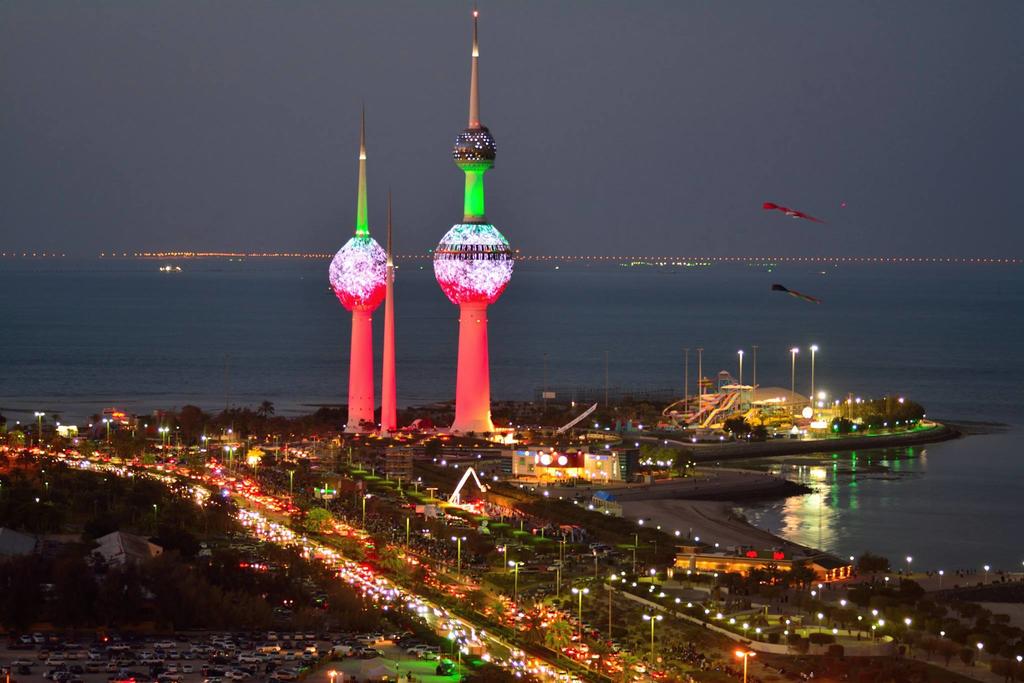An influential Saudi cleric who once served for years as head of the kingdom’s Shariah courts and whose ultraconservative views sparked outcry died on Wednesday, leaving behind a legacy that mirrored the kingdom’s decades-long slide toward Wahhabism.
His family announced his death on Twitter, saying 90-year-old Sheikh Saleh bin Mohammed al-Luhaidan died after battling an illness that was not disclosed. His funeral is taking place Wednesday in line with Islamic tradition of immediate burial.
On Twitter, an Arabic hashtag with his name saw an outpouring of prayers and praise for the cleric and Islamic
His ultraconservative views, though in line with the country’s Wahhabi doctrine at the time, prompted his sacking in 2009 as head of Saudi Arabia’s judiciary after he grabbed international headlines for suggesting that television station executives who broadcast immoral content during the month of Ramadan could face the death penalty for corrupting society.
Al-Luhaidan had held the post for over two decades.
His dismissal by King Abdullah came as the monarch, who died in 2015, cautiously introduced reforms and tried to curtail some of the sweeping influence of Wahhabi clerics.
Al-Luhaidan was also notably a member of the Council of Senior Clerics since its establishment in 1971. The elite body comprised of the kingdom’s most senior male scholars rubber stamps royal policies and issues religious edicts known as fatwas.
In another incident, this time in 2006 during the U.S.-led war in Iraq, a purported audio recording was leaked of al-Luhaidan encouraging young men to fight in Iraq. He denied inciting violence in Iraq and suggested the audio recording had been edited. Saudi Arabia had been vehemently opposed to the war in Iraq and had warned about the consequences of Iranian influence there.
Throughout other points of his lifetime, al-Luhaidan delivered sermons from Mecca’s Grand Mosque, which houses Islam’s holiest site the Kaaba, oversaw publication of an Islamic magazine and was a member of the Saudi-based Muslim World League.
The sheikh was born in 1931 in the landlocked province of Qassim, known as the kingdom’s most conservative region.
The kingdom has changed dramatically in the years since then, in part because of its oil boom, and more recently as Crown Prince Mohammed bin Salman solidifies his grip on power and shakes up the economy.
With backing by his father, King Salman, the crown prince has clipped the powers of the kingdom’s clerics and religious police, lifted the ban on women driving, permitted concerts and movies, opened the country to tourism, ended gender segregation in public spaces and advocated for a return to “moderate Islam”.
A report published last year by the Carnegie Endowment for International Peace about Saudi Arabia’s religious reforms noted that King Salman had kept in place conservative figures like Sheikh Saleh al-Luhaidan while appointing more modern-thinking clerics to the Council of Senior Scholars.
The report said the king was meanwhile diluting the influence of Wahhabi clerics by asking for their advice less frequently.
For decades, the Sunni Hanbali offshoot, also known as Wahhabism, had shaped all aspects of life inside the kingdom.
Its adherents preached that women should not be allowed to work in public-facing jobs, drive, play sports or travel without a male guardian. Single men were segregated from women in restaurants, women wearing nail polish or showing their faces were shooed out of malls and music was shunned.
This ideology spread to other Muslim nations, at times with backing by the Saudi government as a means to counter the rising influence of Shiite Iran after the 1979 revolution.
source:https://economictimes.indiatimes.com/news/international/saudi-arabia/top-influential-conservative-saudi-cleric-who-once-headed-judiciary-dies/articleshow/88711157.cms



